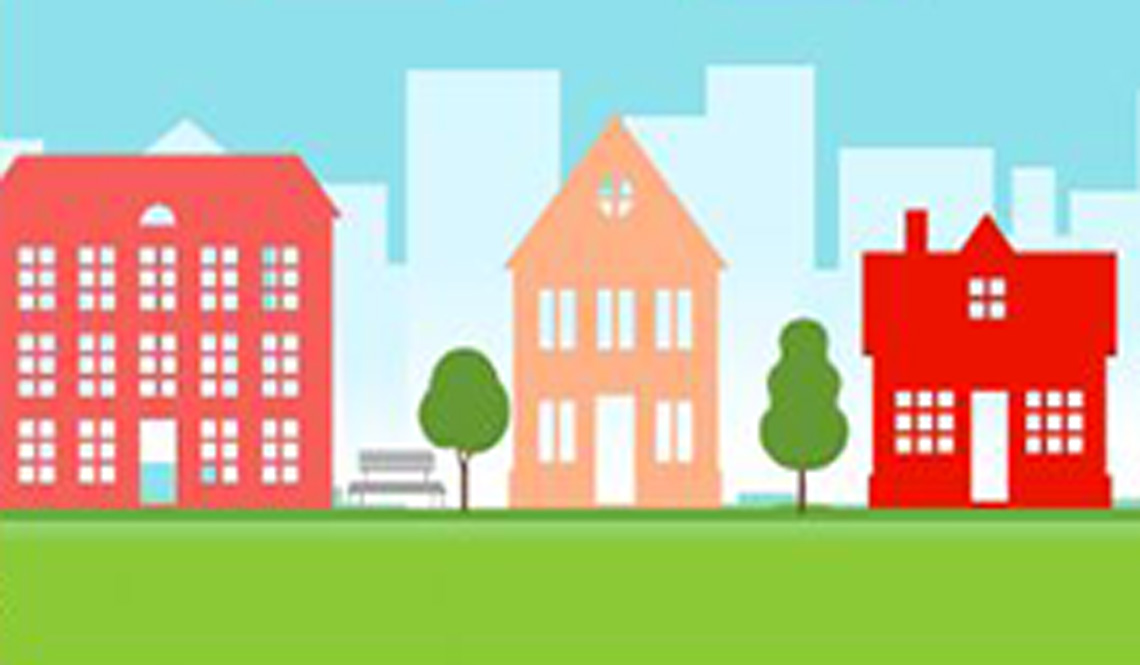AARP Hearing Center


When residents of rural Johnston County, Oklahoma, need to see a medical specialist, the nearest doctor is often a two-hour drive away in Oklahoma City. With nearly 40 percent of the county’s population over age 50, driving that distance, or depending on family or friends for a ride, can be a challenge.
Telehealth visits enable a patient to connect via video to their doctor — so long as they have high-speed internet; a smartphone, tablet or computer with a camera; and the needed technical skills.
The Project
"Since we’re situated in rural communities, we've found that some people can't get to a specialist, a doctor, a follow-up, or to their mental health or therapy sessions," notes Gail Oehler, executive director of the Southern Oklahoma Library System. "By bringing people to a library and having a private room where they can access those physicians and caregivers, they can attend the appointment in their community without having to travel long distances."
The Johnston County Library branch in Tishomingo is one of the few locations in the county with high-speed internet.
“Following COVID, we noticed patrons visiting the library mainly for the computers and meeting space,” says Oehler. ”Many insurance plans now allow telehealth appointments. At the library, we have great technology and professionals who can assist visitors who need help. Why not merge the two by creating a private space outfitted with the necessary equipment?”
To fund the installation, Oehler and librarian Pam Bean applied for and received a 2023 AARP Community Challenge grant.
The original plan was to use the grant to purchase a premade booth, or pod, and install it with the needed computer equipment. But after researching premade pods, the pair crunched the numbers and realized it was more cost effective to soundproof to outfit an existing study room with furniture, equipment and the proper technology.
With the money saved, the library system hired a local contractor to build a second space, which is housed in the library branch in Sulphur. The added location expanded the library’s outreach to more than 13,000 people, including students from a local school for the deaf.
The Results
The telehealth booths were opened in late 2023. Each is typically used about three times a week and people can reserve the pods or show up on a first come, first served basis.


The spaces, which are large enough for a patient to be accompanied by a family member, friend or other helper, are equipped with a desk, an adjustable chair, a desktop computer with a keyboard and large monitor, a closeable door and a window shade for privacy. The library staff is always on hand for assistance and reassurance.
“People have questions about their privacy," says Bean. "They ask if their history will be stored in the computer. The answer is no. Libraries are really, really into privacy.”































.jpg?crop=true&anchor=13,195&q=80&color=ffffffff&u=lywnjt&w=2008&h=1154)





























